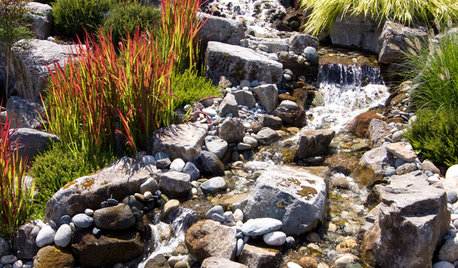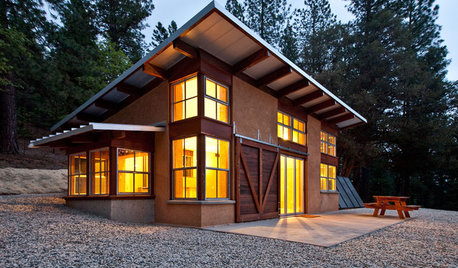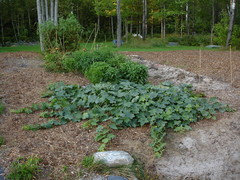Ditch the Double Digging?
raymondo17
9 years ago
Featured Answer
Comments (26)
jean001a
9 years agogrubby_AZ Tucson Z9
9 years agoRelated Professionals
Marina Landscape Architects & Landscape Designers · Gainesville Landscape Contractors · Las Vegas Landscape Contractors · Lexington Landscape Contractors · Little Ferry Landscape Contractors · Pahrump Landscape Contractors · Tustin Landscape Contractors · Kingsburg Landscape Contractors · Maple Heights Landscape Contractors · Suisun City Landscape Contractors · Diamond Bar Decks, Patios & Outdoor Enclosures · Hobart Decks, Patios & Outdoor Enclosures · Hyattsville Decks, Patios & Outdoor Enclosures · La Palma Decks, Patios & Outdoor Enclosures · South Milwaukee Decks, Patios & Outdoor Enclosuresraymondo17
9 years agodbarron
9 years agoKimmsr
9 years agotoxcrusadr
9 years agoraymondo17
9 years agodbarron
9 years agorenais1
9 years agotoxcrusadr
9 years agoKimmsr
9 years agoernie85017, zn 9, phx
9 years agowayne_5 zone 6a Central Indiana
9 years agoMeuhey
9 years agoMeuhey
9 years agoEmbothrium
9 years agowayne_5 zone 6a Central Indiana
9 years agochickencoupe
9 years agotoxcrusadr
9 years agodavid52 Zone 6
9 years agochickencoupe
9 years agokimmq
9 years agotoxcrusadr
9 years agodavid52 Zone 6
9 years agotoxcrusadr
9 years ago
Related Stories

LANDSCAPE DESIGNDitch the Ordinary Ditch: Create a Realistic Dry Creek Bed
Here’s how to turn your water runoff system into an eye-catching accent for your landscape
Full Story
GARDENING GUIDESGarden Myths to Debunk as You Dig This Fall and Rest Over Winter
Termites hate wood mulch, don’t amend soil for trees, avoid gravel in planters — and more nuggets of garden wisdom
Full Story
ROOM OF THE DAYRoom of the Day: Ditching the Tub for a Spacious Shower
A Georgia designer transforms her master bathroom to create a more efficient and stylish space for 2
Full Story
WINDOWSHow to Ditch the Drapes and Let Your Windows Shine
If your home has beautiful windows and you don’t need to hide a view, consider dressing them in these elegant, creative ways
Full Story
DECORATING GUIDESDitch the Rules but Keep Some Tools
Be fearless, but follow some basic decorating strategies to achieve the best results
Full Story
INSPIRING GARDENSInside Houzz: A Waterfront Property Ditches the Grass for a Garden
New drought-tolerant plantings and outdoor gathering spaces help this California backyard take in the view without wasting space or water
Full Story
HOUZZ TOURSHouzz Tour: California Cabin Ditches the Power Grid
Solar energy powers a modern, expandable vacation house among the trees for a family with two children
Full Story
HOME OFFICESRoom of the Day: Digging Emerald in a Chic Atlanta Office
Green accents tickle a mom and her toddler pink in this office and playspace insired by high fashion
Full Story
REMODELING GUIDESHow to Dig Down for Extra Living Space
No room for a ground-level addition? See if a finished basement is a good idea for you
Full Story
BASEMENTSRoom of the Day: Family Digs In for a Chic New Kitchen and Dining Area
When a homeowner needs to free up kitchen space for her home bakery business, the only way to go is down
Full StoryMore Discussions









renais1